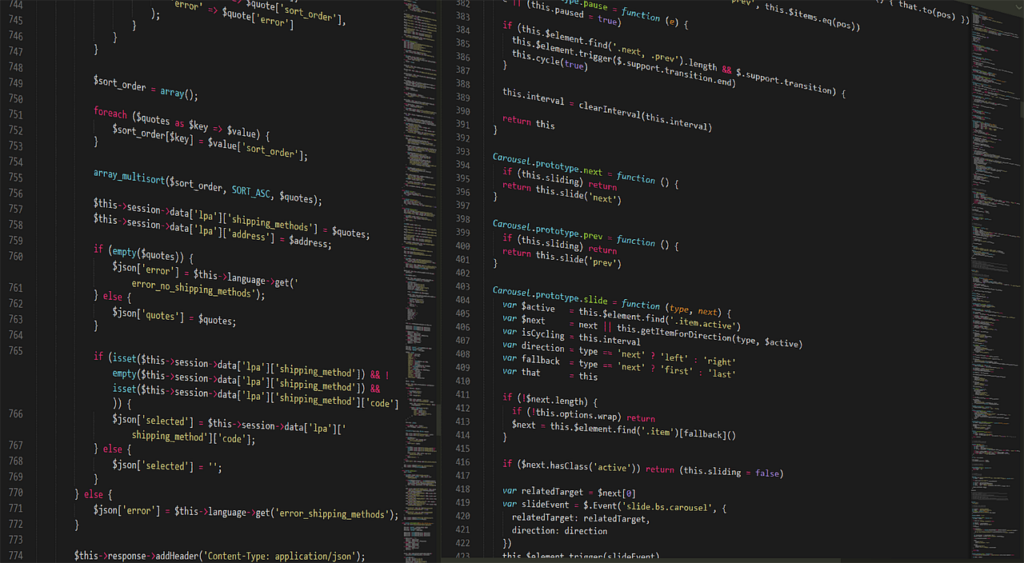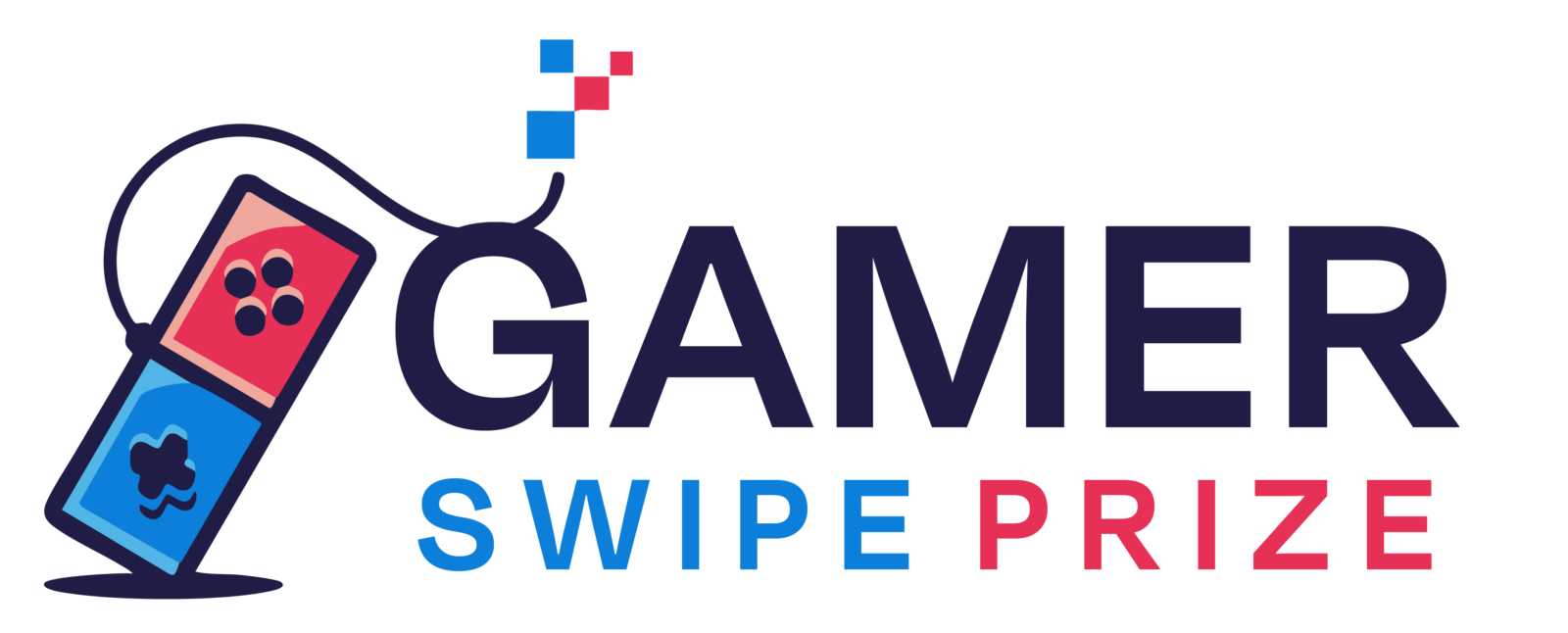What is “milanasmelly”?
First off, let’s get one thing straight—milanasmelly isn’t something you’re going to find in official dictionaries or mainstream media. It’s not a trend launched from a big influencer campaign or a viral TikTok challenge. Instead, it’s one of those organic, memegenerated tags that pick up traction in niche corners of the internet. There’s some mystery baked into the phrase itself. Is it a username? A joke? A commentary wrapped in irony?
Usually, phrases like milanasmelly originate in forums, private Discords, or lessmoderated spaces like Reddit or Finstas. People take a random username, pair it with something unexpected, and boom—it mutates into this halfjoke, halfidentifier that only ingroups understand. If you’re not in the loop, you’re already a few steps behind.
Where Did It Come From?
Tracking the origin of a phrase like milanasmelly is like chasing vapor. It’s content with no fixed source. But based on how others of its kind spread, there are likely a few scenarios:
- It started as a roast or callout. Someone named Milana (possibly) did something noteworthy or questionable. Someone else added “smelly” for comic effect. Loweffort humor, but effective.
- It evolved from a private joke. Small groups develop a shared vocabulary. Eventually, someone posts it publicly, and if the timing is right, it catches on.
- It’s pure meme culture. Sometimes words just work. They sound funny, look weird in lowercase, or resemble something else that’s trending. Timing plus emojis (ironically) equals virality.
The key with this kind of internet language is that it doesn’t have a centralized story. There’s no original post that holds all the answers. You see the phrase. You feel like you should know what it means. And so you dig deeper.
Why It Gets Traction Online
There’s almost a formula to how these phrases gain liftoff:
Low barrier to entry. Anyone can use a phrase like milanasmelly. It doesn’t require context, history, or even relevance. It’s expressive and absurd on its own.
Insidejoke energy. The internet thrives on exclusivity disguised as openness. When you say something that not everyone gets, you’re suddenly part of a club.
Algorithm boost. Weird keywords get clicks. They’re clickable, searchable, and plug into recommendation systems that reward novelty.
More than anything, though, people like to feel like they’ve uncovered something obscure. Typing milanasmelly into your browser then asking “what is this?” shows you’re playing the discovery game. It’s social clout with minimal effort.
Is It a Person? A Handle? Something More?
Let’s get speculative. If milanasmelly is based on a real person’s username, and that person has (intentionally or unintentionally) built an identity around it, the phrase starts to operate like a digital brand. Even if it’s ironic.
Or maybe it’s just a throwaway account someone used once and forgot. That’s the fun: phrases like this exist in halfway spaces. They’re either very intentional or totally random. There’s not much in between.
What we can say is that once something gets repeated enough online, it stops needing a backstory. The repetition is the point.
How to Approach Bizarre Keywords Like This
When you come across terms like this and feel the itch to decode them, here’s a playbook:
Search broadly first. Look at Google, Twitter, Reddit. Not just for definitions, but for how it’s being used in sentences.
Check usernames. If it looks like a handle, it probably is. Don’t treat it like a concept if it’s tracking back to a specific person.
Monitor sentiment. Sometimes these phrases carry shade. Sometimes they’re neutral. Pay attention to tone and context. The internet’s constant shift between humor, irony, and mockery makes nuance matter.
Accept the gray area. Not everything gets a clean definition. Terms like milanasmelly live and die in ambiguity. Once you stop trying to pin it down, you’re halfway to understanding it.
Why People Are Drawn to Internet Oddities
Let’s be honest: internet slang and keywords like this are curiosity bait. They’re the digital version of a “Wet Paint” sign. You just have to check it out.
People enjoy feeling in the know. Seeing a word you’ve never heard used like everyone else has heard it hits a nerve. And the shorter, stranger, or more ridiculous the term, the faster it spreads.
Phrases like milanasmelly don’t go corporate. They don’t become hashtags on campaigns or catchphrases in interviews. They don’t monetize. That’s exactly what makes them appealing. They feel untouched. Native. Real.
Final Thought: It’s More Vibe Than Meaning
At the end of the scroll, milanasmelly probably isn’t something to decode as much as it’s something to witness. It’s a tile in the mosaic of online absurdity—one more example of how the web creates subcultures overnight with nothing but context, captions, and curiosity.
You don’t need to understand it fully to appreciate its function. Just know it’s out there. And the next time a weird word shows up on your feed, don’t scroll past it too fast. It might be the next milanasmelly.




